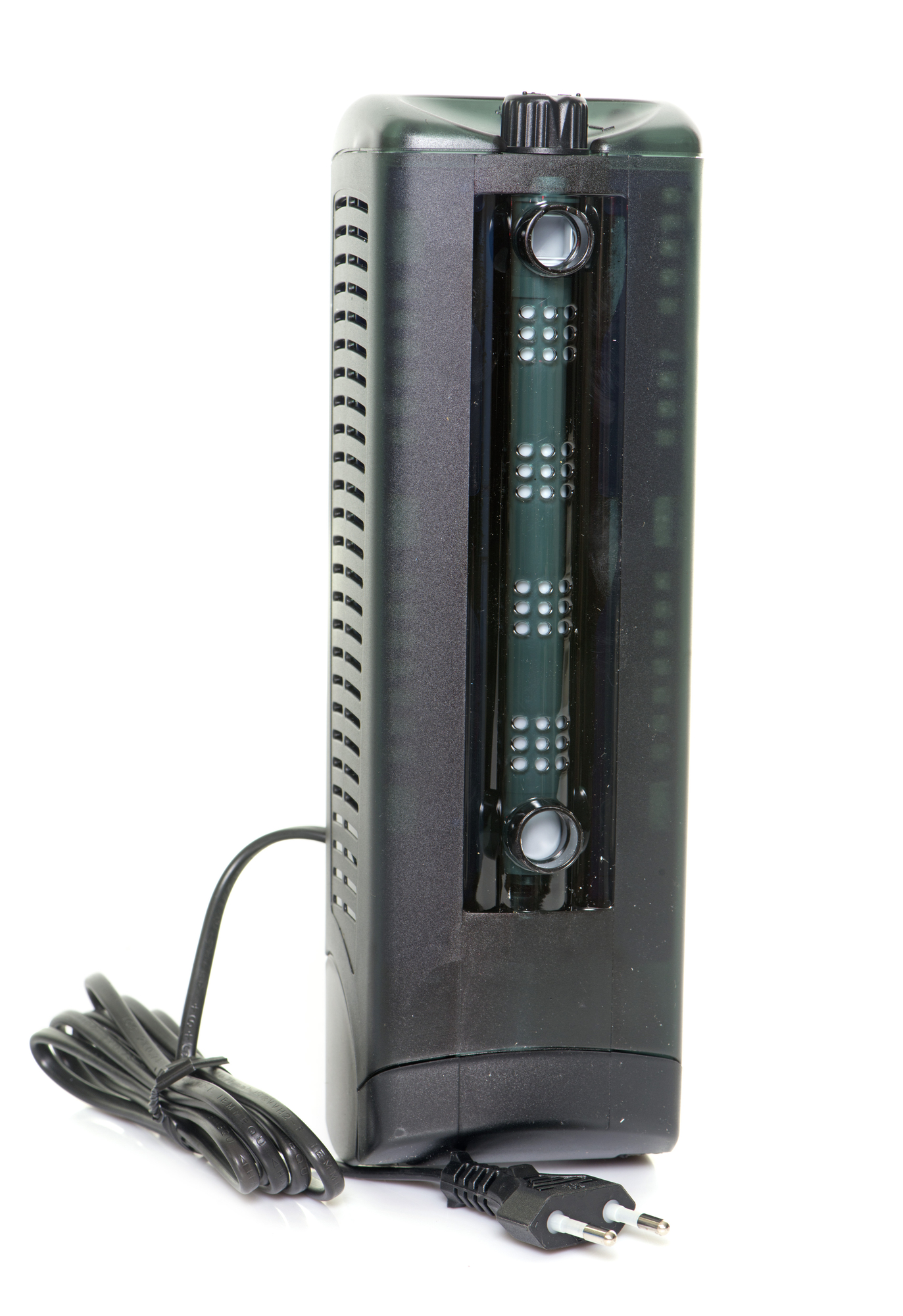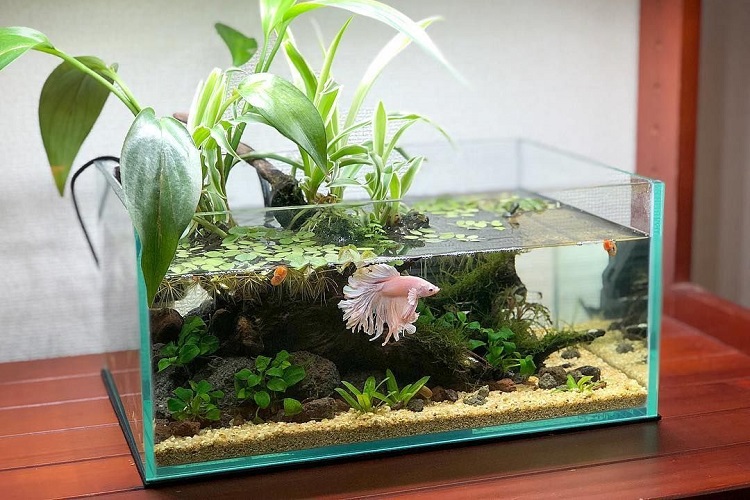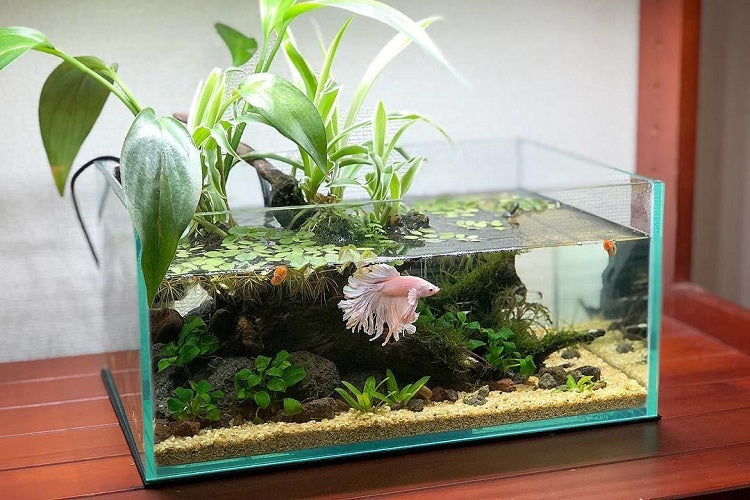Are you thinking of setting up an aquarium at home? One of the most important factors to consider when keeping fish is the type of filter used in the tank. Aquarium filters play a crucial role in maintaining the overall health and well-being of your aquatic pets. They are responsible for removing harmful toxins and debris from the water, ensuring that it remains clean and safe for your fish to thrive.
Choosing the right aquarium filter can be overwhelming with the variety of options available in the market. From power filters to canister filters, there are several types to choose from, each with its own set of advantages and disadvantages. In this article, we will guide you through the process of choosing the perfect aquarium filter for your tank.
1. Understanding the Different Types of Aquarium Filters

- Power Filters
Power filters, also known as hang-on-back filters, are one of the most commonly used filters in aquariums. They are easy to install and maintain, making them a popular choice among beginners. These filters work by drawing water from the tank, passing it through a series of filtration media, and returning it back into the tank. They are suitable for both freshwater and saltwater tanks and are ideal for tanks under 50 gallons.
Subheading 1: Pros of Power Filters
- Easy to install and use
- Affordable
- Effective in removing debris and harmful substances
- Come with replaceable filter cartridges for convenient maintenance
Subheading 2: Cons of Power Filters
- Not suitable for large tanks
- Can be noisy
- May require frequent cleaning and replacement of filter cartridges
- Limited customization options
2. Consider the Size of Your Tank

The size of your tank plays a crucial role in determining the type of filter you should choose. The rule of thumb is to have a filter that can process all the water in your tank at least four times per hour. For example, if you have a 20-gallon tank, your filter should be able to process at least 80 gallons of water per hour. Keep in mind that larger tanks require more powerful filters to maintain the water quality.
Subheading 1: Common Sizes and Corresponding Filter Capacity
| Tank Size | Recommended Filter Capacity |
|---|---|
| 10-20 Gallons | Up to 100 GPH |
| 30-50 Gallons | 150-200 GPH |
| 55-75 Gallons | 250-350 GPH |
| 90+ Gallons | 400+ GPH |
Subheading 2: Factors That Affect Filtration Needs
- Number of fish in the tank
- Types of fish (some species are messier than others)
- Tank decorations and plants
- Frequency of feeding
3. Consider the Type of Fish You Have

Different types of fish have different filtration needs. For example, saltwater fish require more advanced filtration systems compared to freshwater fish. It is important to research and understand the specific needs of the fish species you plan to keep before choosing a filter.
Subheading 1: Saltwater vs Freshwater Fish Filtration Needs
- Saltwater fish require higher levels of oxygen, therefore, needing more powerful filters.
- Freshwater fish can thrive with simple filtration systems such as power filters.
- Some fish, like goldfish, produce a lot of waste and require stronger filtration to maintain water quality.
Subheading 2: Special Requirements for Invertebrates
Invertebrates, such as shrimps and snails, are sensitive to high levels of ammonia and nitrates. They require constant water flow and biofiltration to thrive. Canister filters and sponge filters are suitable options for tanks with invertebrates.
4. Choosing the Right Filtration Media

Filtration media is what traps and removes debris and other harmful substances from the water in your tank. Understanding the different types of filtration media will help you choose the right one for your filter.
Subheading 1: Mechanical Media
Mechanical media, such as foam pads or sponges, physically trap debris and particles from the water. These are the first line of defense in any filter and should be cleaned or replaced regularly to maintain optimum performance.
Subheading 2: Chemical Media
Chemical media, like activated carbon or zeolite, absorb and remove toxins and impurities from the water. They are great for removing odors, discoloration, and medications from the water. These are not usually necessary for daily use but can come in handy during emergencies.
Subheading 3: Biological Media
Biological media provides a home for beneficial bacteria that break down harmful substances, such as ammonia and nitrites, into less harmful compounds. Ceramic rings, bio balls, and volcanic rock are common types of biological media used in aquarium filters.
FAQs

- What is the best type of filter for a small tank?
For tanks under 20 gallons, power filters are the most suitable option due to their compact size and effectiveness.
- How often should I clean my filter?
It is recommended to clean or replace mechanical media every 2-4 weeks, chemical media every month, and biological media every 6 months.
- Can I combine different types of filters?
Yes, combining different types of filters can provide superior filtration and maintain water quality more effectively.
- Do I need a filter for a planted tank?
Yes, even though plants can help absorb some toxins, they cannot solely maintain water quality. A filter is still necessary for a healthy and balanced ecosystem.
- How do I know when it's time to replace my filter?
Regularly monitoring water quality and observing any changes in your fish's behavior can indicate when it's time to clean or replace your filter.
Conclusion

Choosing the right aquarium filter is crucial for maintaining a healthy and thriving aquatic environment. Consider the size of your tank, the type of fish you have, and the filtration media used before making a decision. Regular maintenance and monitoring of your filter will ensure that your fish stay happy and healthy. With the information provided in this guide, we hope you can make an informed decision and provide the best filtration system for your aquarium.



